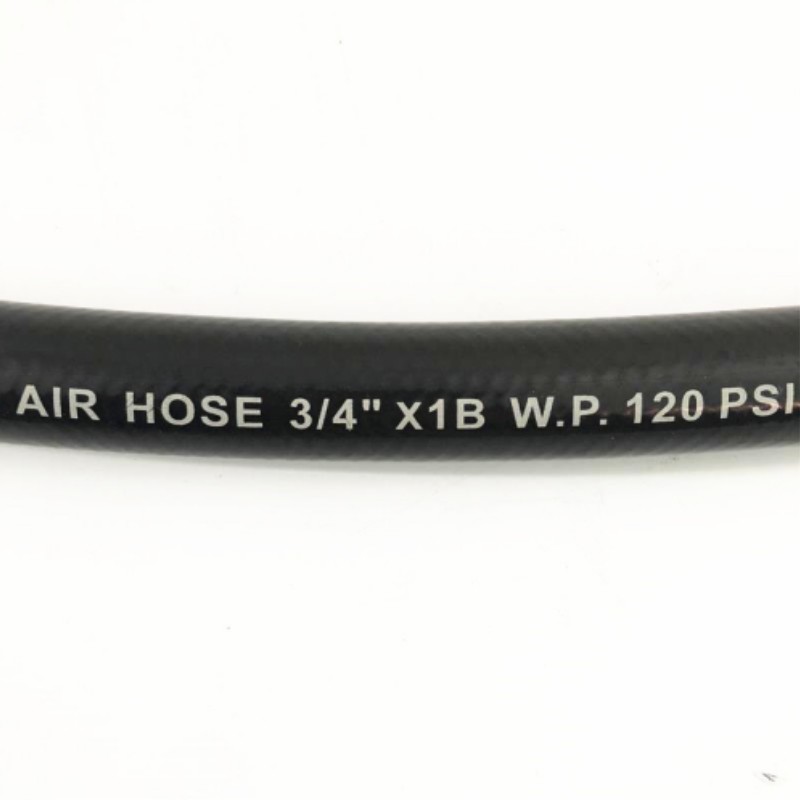Dec . 03, 2024 16:34 Back to list
teflon lined flexible hose
The Versatility and Advantages of Teflon-Lined Flexible Hoses
In the realm of industrial applications, flexible hoses have emerged as essential components in various systems, from chemical processing to food and beverage manufacturing. Among the myriad options available, Teflon-lined flexible hoses stand out due to their unique properties and advantages. This article explores what Teflon-lined flexible hoses are, their benefits, applications, and considerations for use.
Understanding Teflon-Lined Flexible Hoses
Teflon, a brand name for polytetrafluoroethylene (PTFE), is a polymer known for its excellent chemical resistance, high-temperature tolerance, and low friction properties. When used as a lining for flexible hoses, Teflon provides an effective barrier against a wide range of substances, making these hoses particularly valuable in industries dealing with corrosive or viscous materials.
Flexible hoses are typically constructed from a reinforcing layer made of stainless steel or other materials, with Teflon integrated into the inner layer. This design not only enhances the hose's flexibility but also ensures that it can withstand a variety of operational conditions.
Key Benefits of Teflon-Lined Flexible Hoses
1. Chemical Resistance One of the most significant advantages of Teflon-lined hoses is their ability to resist corrosion from a wide range of aggressive chemicals, including acids, bases, and solvents. This characteristic makes them ideal for chemical processing, pharmaceuticals, and laboratory applications where material compatibility is critical.
2. Temperature Tolerance Teflon can withstand temperatures ranging from cryogenic levels up to about 260°C (500°F). This thermal resilience enables these hoses to be used in high-temperature applications without degrading or losing their structural integrity.
3. Low Friction Surface The low coefficient of friction associated with Teflon linings ensures that fluids move smoothly through the hose. This property is particularly beneficial in applications requiring high flow rates, as it reduces the risk of fluid stagnation and wear on the hose lining.
4. Durability and Longevity Teflon is known for its long-term stability, which means that Teflon-lined hoses typically have a longer lifespan compared to traditional rubber or plastic hoses. This durability leads to reduced maintenance and replacement costs over time.
5. Non-Stick Properties The non-stick nature of Teflon minimizes the adhesion of materials to the hose's inner surface, making it easier to clean and maintain. This characteristic is especially valuable in food processing, where cleanliness and hygiene are paramount.
Applications of Teflon-Lined Flexible Hoses
teflon lined flexible hose

Given their numerous advantages, Teflon-lined flexible hoses find applications in a broad range of fields
. Some of the most common applications include- Chemical Transfer Teflon-lined hoses are widely used for the safe transportation of hazardous chemicals, including acids and solvents, in industrial settings.
- Food and Beverage In the food and beverage industry, Teflon hoses are employed to handle food-grade liquids due to their non-toxic nature and ease of cleaning.
- Pharmaceuticals The pharmaceutical sector relies on Teflon hoses for their ability to maintain product integrity and purity, particularly when handling sensitive compounds.
- Petrochemical Teflon hoses are used in the oil and gas industry for transferring fuels and lubricants, where they are exposed to harsh environmental conditions.
Considerations for Use
While Teflon-lined flexible hoses offer numerous benefits, there are some considerations to keep in mind
1. Cost Teflon-lined hoses tend to be more expensive than their rubber or PVC counterparts. It's essential to weigh the initial cost against the potential long-term savings from reduced maintenance and extended lifespan.
2. Bend Radius Teflon hoses can be less flexible than other types, particularly in high-pressure situations. Ensuring the proper bend radius is crucial to prevent kinking and failure.
3. Compatibility It's vital to assess the specific chemicals and temperatures the hose will be subjected to in order to ensure compatibility and safety.
Conclusion
Teflon-lined flexible hoses represent a top-tier choice for industries requiring reliable, durable, and chemically resistant solutions. Their unique properties make them invaluable in applications ranging from chemical processing to food and beverage manufacturing. Ultimately, investing in quality Teflon-lined hoses can lead to improved efficiency, safety, and cost-effectiveness in the long run. As industries continue to evolve, these hoses will likely remain a staple component in various applications, contributing to technological advancement and operational excellence.
-
Best Four Steel Wire Spiral Hose Hydraulic R12 – Durable High-Pressure Hose Manufacturer
NewsJul.08,2025
-
High-Quality 1/4 Hydraulic Hose – Soft, Flexible & Durable Rubber Hoses for Industrial Use
NewsJul.08,2025
-
1 1 2 Inch Hydraulic Flexible Hose - Durable, Reliable, High-Pressure Solutions
NewsJul.07,2025
-
High-Quality 1 2 Rubber Hose - Durable, Flexible Hydraulic Solutions
NewsJul.07,2025
-
Discover SAE Hydraulic Hose Types - High Quality & Durable Hoses from Leading Factory Supplier
NewsJul.06,2025
-
High Pressure Wire Hydraulic Rubber Hose Supplier Durable & Reliable 1SN Hose Solutions
NewsJul.06,2025
